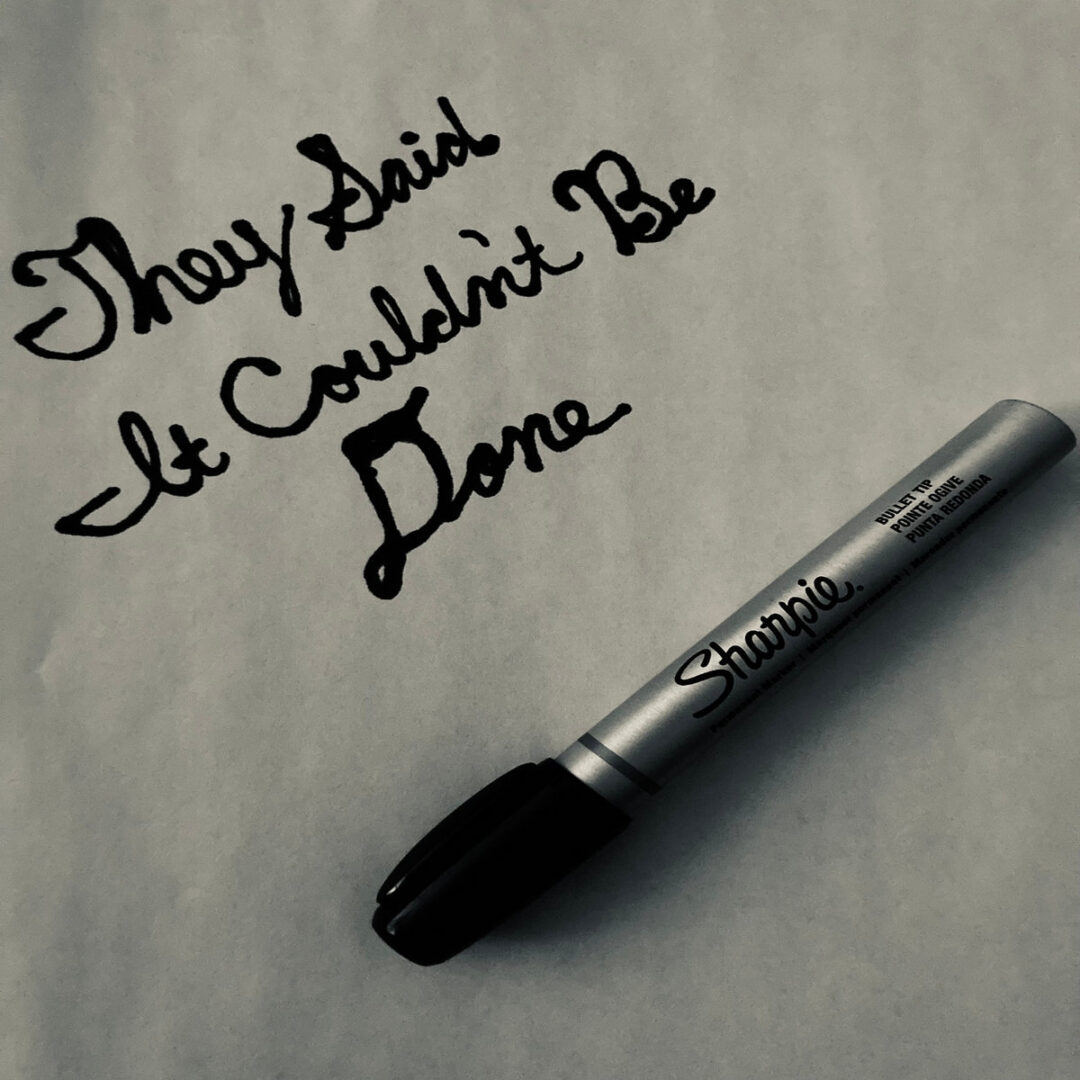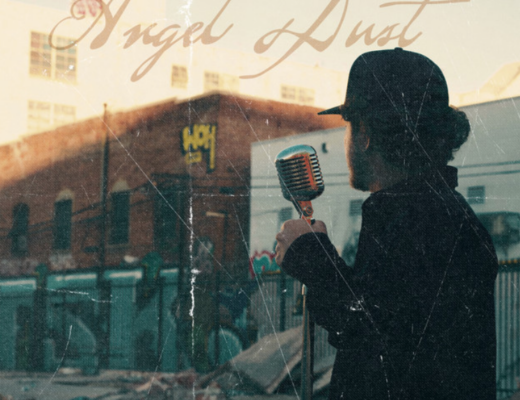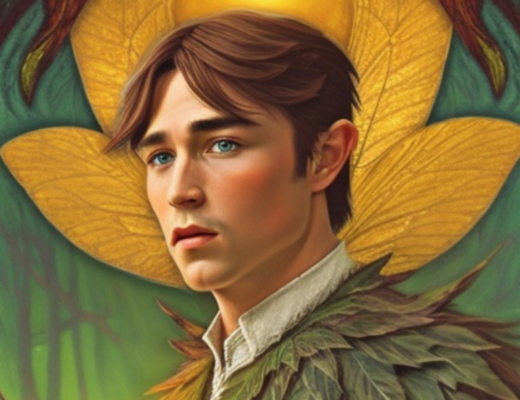KAotik, a dynamic figure in the hip-hop arena, recently shared insights into his creative process and the cultural influences that shape his music. In an exclusive interview, he explores the significance of his Nigerian heritage, his spiritual beliefs, and how his varied life experiences across different cities and continents feed into his lyrical themes. Through it all, KAotik maintains a commitment to originality, ensuring his music remains true to his vision while resonating with a diverse audience. His independent label, Vintage Note, stands as a testament to his dedication to forge a unique path in the industry.
KAotik, thanks for taking the time to sit down with us to discuss the innovative paths you’re forging through the hip-hop landscape. First things first, what’s your sonic origin story?
Well, when I was younger I’m guessing at around the age of 8 years old in the mid to late 80s, I listened to a lot of R&B. I was infatuated by artists my parents played such as Bobby Brown, Michael Jackson, and Lionel Richie. Also, I admired other artists I picked up on from the radio on my own such as Anita Baker, Whitney Houston and Al B. Sure. I didn’t gain any interest in Hip Hop till I was around the age of 14 in the early 90’s. I can recall my first time experimenting with Hip Hop. A friend and a couple of my brothers recorded a Hip Hop song we made up on a stereo system with a tape recorder. I remember as I grew older my mom bought me a boombox and me buying my first tape. A Hip Hop artist out of Texas named Mr. Mike.
How integral are your Nigerian roots to your artistic identity?
I would say there is a bit of influence from my Nigerian roots to how I create music. Some of it may come from how I create some of my beats, which sound a little like Nigerian music. Also, I may have a track talking about my culture in Nigeria or have a track saying a word or two in the Igbo language of Nigeria. Growing up as a catholic, my parents played a significant part in my upbringing for the love of my Lord and savior Jesus Christ. God is very influential in my creativity and how I put together my music. The Lord’s influence in my music is very evident especially now that I’m older.
After being born in Washington DC, attending boarding school in Nigeria and uprooting your life to Laurel MD, you’ve experienced a multitude of geographical and cultural shifts; how have these transitions influenced your lyrical themes and the stories you tell through your music?
My concepts and ideas on what I write about haven’t changed much since my transitions internationally and nationally. When I lived in D.C. I was very young so my memories over there were very vague. When I was in boarding school in Nigeria I pretty much wrote about life and what was happening around me. Now that I’m in Laurel, MD I also do a bit of the same thing. But now I’m more experienced along with more clever wordplay and more sharpened skills.
From being part of a duo to joining a larger group, and finally shining as a solo artist—how has each phase contributed differently to your development as an artist?
When I first started to pursue Hip Hop more seriously, I was living in my old stomping grounds of Silver Spring, MD years back. When my partner in rhyme and I formed a group, we entered a lot of open mics and Hip-hop contests. This developed my confidence as an artist and helped me gain stage presence. As I went through my phase of joining a larger group, I began to grow with my writing process, learned how to work with other artists and my ability to perform was enhanced. Finally, as a solo artist, I took all those skills I learned being in groups and utilized them to my advantage. I also developed in other fields such as knowing how to navigate through the music business more fluently.
How do you keep your sound relatable and distinctive?
I do my best to be relevant in Hip Hop with the music I put out now. But that is not my main objective when doing music. I prefer to just be my own original self and put out material that’s not going to be trendy or what everybody is doing. At the end of the day when I evaluate it all, I gotta ask myself the question, is the material I’m putting out being true to myself or not?
You pull inspiration from a range of diverse rappers, which artist has had the most profound impact on your motivation and determination to build your own legacy?
Honestly, KRS One, Rakim, Big Daddy Kane, Black Thought, Last Emperor, Inspectah Deck and Keith Murray all had a profound impact on my motivation and determination to build my own legacy. But if I had the difficult decision to choose one artist, I would go with Black Thought. The reason being is he is the only artist I really was emulating while I was finding my way as an artist. Also, he has one of the nicest pen games in Hip Hop, he kept his integrity and never changed throughout the years for relevancy.
Can you tell us about your independent label, Vintage Note?
Yeah, It’s a label I started years ago when I became a solo artist. So far, I’m the only artist on the roster but that could change in the near future. At the moment my label is being distributed by CD Baby. Eventually, my goal is to be able to receive distribution from a larger independent distributor such as The Orchard or Empire.
Your latest project, They Said It Couldn’t Be Done, is quite the statement of resilience, what inspired the release?
I’ve been doing this music thing for several years now and through it all I haven’t budged from keeping my distinct perspective in Hip Hop. There are a lot of different influences in this genre of music that you can easily pick up. But I kept my integrity, and continued to stay true to me and put out material that I’m known for. Regardless of what an abundance of people say, such as my perspective on Hip Hip can’t be done or can continue to flourish. I’m proving them wrong because I’ve been active as an artist these past number of years and that’s how the title They Said It Couldn’t Be Done came about.
What’s next for KAotik?
Well Lord willing, I hope to be putting out several new projects in the following year. Look out for them! Also, I will be doing my best to be booking more shows because I’ve been on a drought for that. Plus I’m gonna continue to build and develop my label. I also have some business ventures I’m looking into. Other than that whatever the Lord blesses me with creatively or inspires me to do, no question I will pursue. Peace.
–
Stream They Said It Can’t Be Done on Bandcamp now.
Follow KAotik on Facebook and Twitter.
Interview by Amelia Vandergast





No Comments